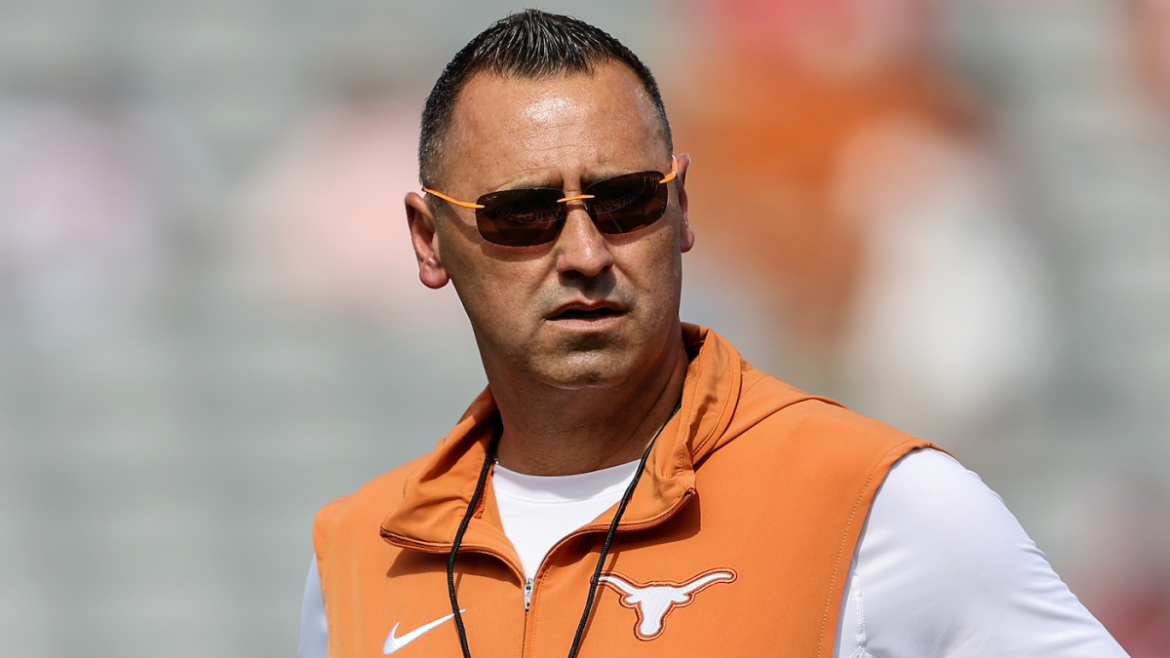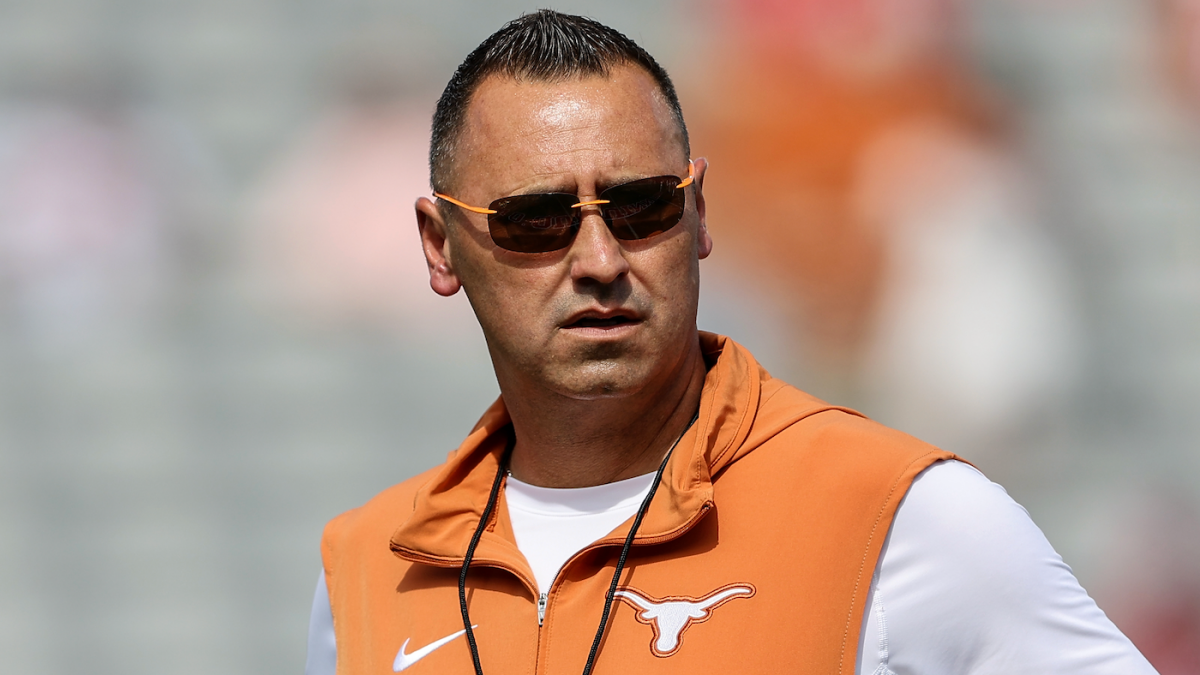The Shifting Sands of College Football: Steve Sarkisian, NIL, and the Specter of a Salary Cap
Introduction: A New Era in College Football
College football is in the midst of a profound transformation. The traditional model, where athletes received scholarships and stipends in exchange for their athletic prowess, has been upended by the introduction of Name, Image, and Likeness (NIL) deals. These deals allow athletes to monetize their personal brands, creating a new financial landscape that is both exhilarating and fraught with challenges. At the center of this shift is Steve Sarkisian, the head coach of the Texas Longhorns, who is navigating these changes with a blend of pragmatism and vision.
The NIL Gold Rush: Opportunities and Pitfalls
The advent of NIL deals has been a game-changer for college athletes. For the first time, they can earn money from endorsements, appearances, and other ventures, recognizing the value they bring to their universities and the sport. This shift has been celebrated as a step towards fairness and equity, allowing athletes to benefit from their hard work and popularity.
However, the reality is more complex. The initial excitement has given way to concerns about the potential for abuse. Large sums of money are now being offered to recruits, raising questions about whether these payments are based on market value or are simply inducements to attend a particular school. This has led to accusations of “pay-for-play,” a practice that was previously prohibited under NCAA rules.
Steve Sarkisian has acknowledged the new normal of using money to build a roster but has disputed claims that Texas spent an exorbitant $40 million to assemble its team. His comments highlight the tension between the desire to compete at the highest level and the need to maintain financial responsibility and ethical conduct. The challenge for coaches like Sarkisian is to balance the financial incentives with the long-term goals of the program.
The Salary Cap Debate: Leveling the Playing Field
As NIL deals become more prevalent and the financial stakes continue to rise, the discussion around a potential salary cap in college football has intensified. A salary cap, similar to those used in professional sports leagues, would limit the amount of money that a school could spend on its entire roster. Proponents argue that it is necessary to level the playing field and prevent a small number of wealthy programs from dominating the sport.
Lane Kiffin, the head coach of Ole Miss, has publicly expressed his support for a hard salary cap, particularly in light of revenue sharing. His stance reflects a growing sentiment among coaches and administrators that some form of financial regulation is needed to ensure the long-term health and competitiveness of the sport.
Sarkisian has also addressed the salary cap issue, warning that someone will eventually face consequences for breaching NIL-related financial restrictions. His comments suggest a recognition that the current system is unsustainable and that some form of regulation is necessary. While he stops short of outright endorsing a salary cap, his perspective underscores the need for a balanced approach that ensures fairness and sustainability.
The Texas Perspective: Leading in a New Landscape
As the head coach of one of the most prominent programs in college football, Steve Sarkisian is at the forefront of this changing landscape. He is tasked with building a competitive team while navigating the complexities of NIL and the potential implementation of a salary cap. His approach is one of cautious optimism, acknowledging the realities of the new financial landscape while emphasizing the importance of maintaining a strong culture and developing players on and off the field.
The University of Texas System Board of Regents’ approval of Sarkisian’s contract extension and raise underscores the university’s commitment to his leadership. This financial investment reflects a belief that he can guide the Longhorns to continued success in this new era of college football. However, his success hinges not only on his ability to attract top talent but also on his ability to manage the financial expectations of his players and the potential pitfalls of NIL.
Beyond the Money: The Enduring Values of College Football
While the financial aspects of college football have become increasingly prominent, it is important to remember the enduring values that have traditionally defined the sport. Teamwork, discipline, and the pursuit of excellence remain essential components of a successful program. Coaches like Sarkisian must find ways to integrate the new financial realities of NIL with these traditional values.
The emphasis on player development, both on and off the field, is crucial. While NIL deals can provide financial benefits, they should not overshadow the importance of academic success, personal growth, and the development of life skills. A successful college football program should prepare its players not only for the gridiron but also for life beyond the sport.
Conclusion: The Future of College Football
College football stands at a crossroads. The introduction of NIL and the potential implementation of a salary cap have created both opportunities and challenges for the sport. The decisions made by coaches, administrators, and governing bodies in the coming years will determine the future of college football.
Steve Sarkisian, as the head coach of the Texas Longhorns, is a key figure in this unfolding drama. His ability to navigate the complexities of NIL, manage the financial expectations of his players, and maintain a commitment to the enduring values of the sport will be crucial to his success and the success of his program. The journey is far from over, and the destination remains uncertain. But one thing is clear: the future of college football will be shaped by the choices made by leaders like Sarkisian in this era of unprecedented change. The game has changed; how coaches adapt will write the next chapter.





